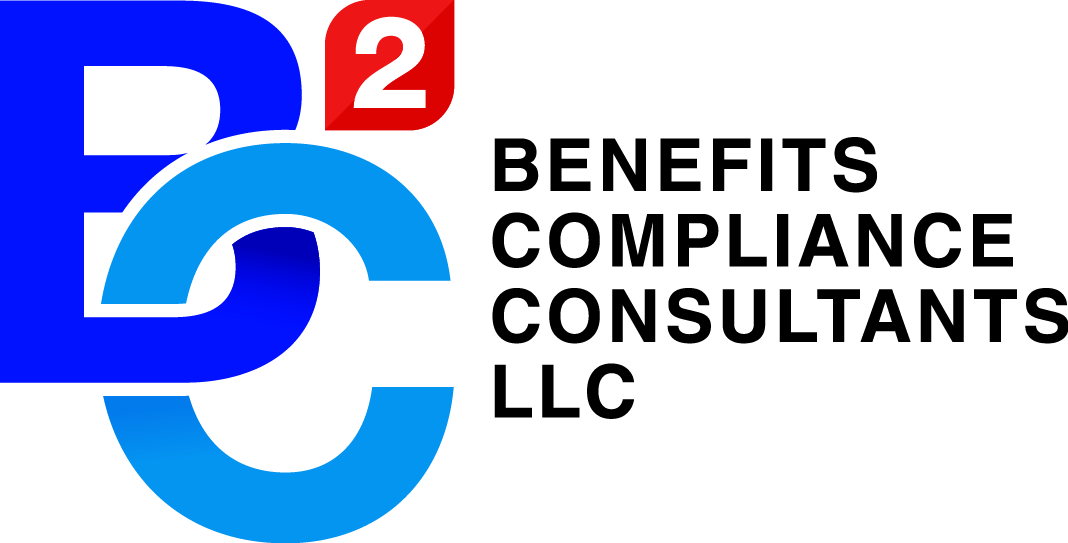Want Form 5500 Answers?
The Form 5500 series is a joint development by the DOL, the IRS, and the PBGC. It is a series of returns used to register information on employee benefit plans. Created as a disclosure tool and document, it plays a role in assessing economic trends. Its framework designs itself for benefits compliance. It attempts to ensure the proper operation and compliance of requirements. Its function is regarding the benefit plans and rights of employees.

Filing requirements and procedures
The Form 5500 is for companies with at least 100 employees enrolled in a specific benefit plan. Said companies must abide by ERISA’s mandatory rule to file the form. In filling it out, consider the type of benefit plans employees use. Programs subject to ERISA include medical coverage, pension, life insurance, and disability benefits. For projects with fewer than 100 participants, companies must use the Form 5500-SF. For non-resident aliens, companies must file the Form 5500-EZ instead.
The Form 5500 and its variations are all available on DOL’s website. Starting January 1, 2010, each form has to undergo electronic submission. DOL accepts either IFILE or EFAST2-approved vendor software. Paper filings are no longer accepted. Form 5500 preparation is subject to the annual reporting requirements posed by ERISA. Companies must file the form within seven months by the end of each plan year. The due date lies on July 31 in the calendar year—failure to follow the submission of requirements results in significant penalties. The only way to reverse sanctions is by submitting said requirements. To avoid acquiring liabilities, there is an option to request a 2.5-month extension. Companies avail of this extension by submitting Form 5558 before the deadline.
Usually attached to a Form 5500 is a schedule that depends on the filer type. On the one hand, schedule A must be along with File 5500 for any plans covered by group insurance contracts. On the other hand, schedule C is only required for large funded welfare plans. But this type of situation is uncommon. Form 5500 generally asks for information on a few things. Among these are insurance contracts, service providers, retirement plans, financial conditions, and transactions, among others.
Wrapping the plan document
To keep track of the benefits compliance in each company, ERISA mandates using a wrap plan document. It improves documentation by allowing the compilation of many plans at a time. It is an excellent tool for putting an enormous stack of information into one productive single space. A well-drafted document consists of all essential terms and conditions in a plan.
In short, it must provide a clean, summarized description of the specific benefit plan. Aside from documentation purposes, it also has a use in legal matters. It puts into paper the plan sponsor’s legal obligations, powers, and rights. It also records the sponsor’s administrative actions. Additionally, the employer can limit their liability by jotting down their specific terms. These terms are ones they define and set in organizational practice.
The wrap plan comprises one single goal. Hence, only one plan description should be maintained and updated now and then. The plan sponsor should only file one Form 5500 and then attach the schedules. There are separate schedules for each benefit and their respective contracts.
All in all, a wrap plan document is a simple solution for reducing administrative expenses. This is especially important in smaller companies. For they usually have fewer resources than large employers. Without a wrap plan to assemble each amendment, documentation poses more hassles. The employer must provide separate articles for each project for every change implemented.
The easiest way to adhere to ERISA’s regulations is to provide a single document that compiles all the important content that matches ERISA’s requirements. The significance of providing summaries cannot be stressed enough. As long as one follows instructions, the whole process should be as smooth as possible.




